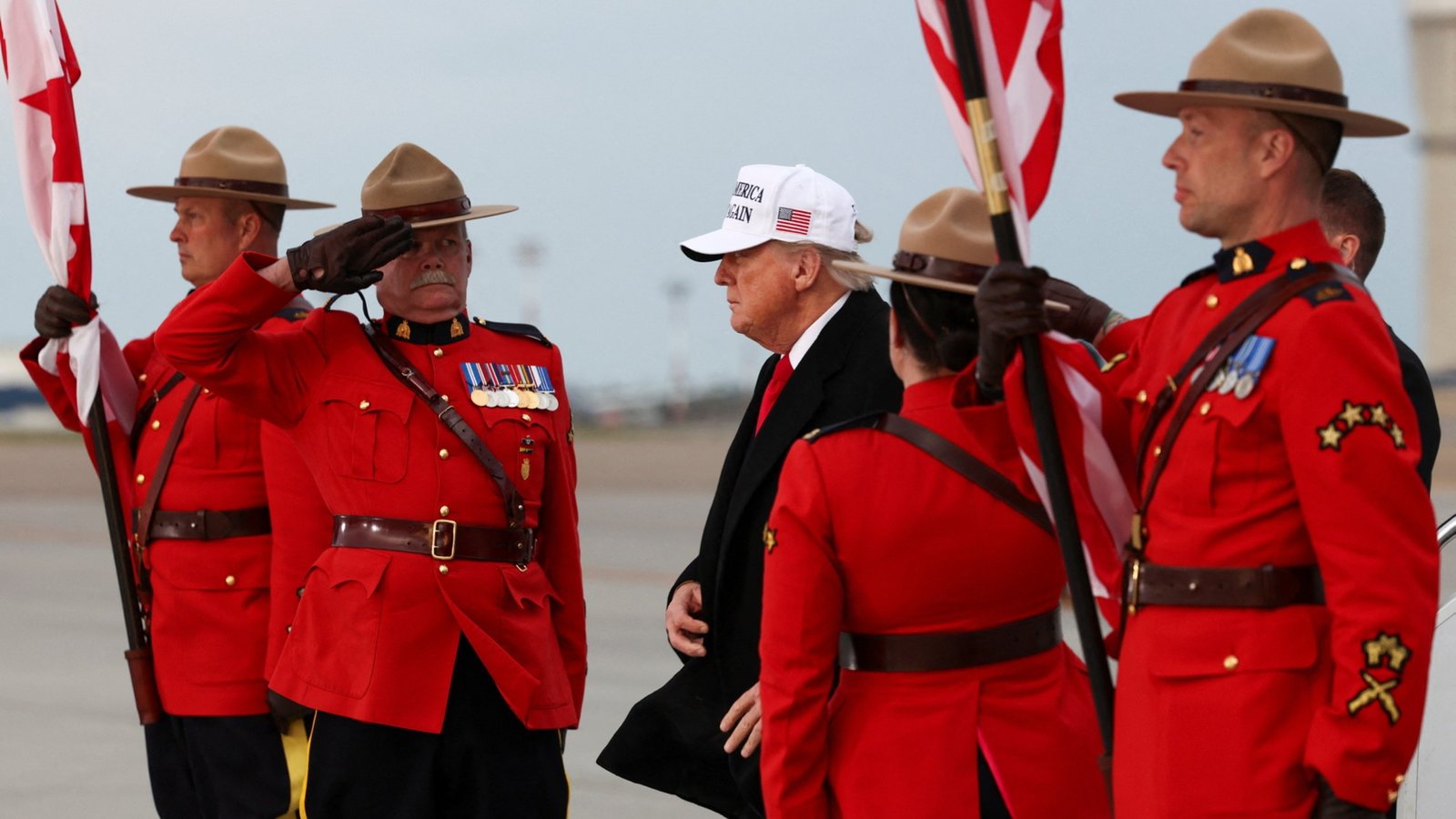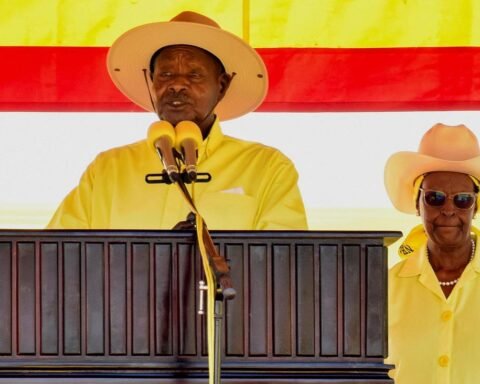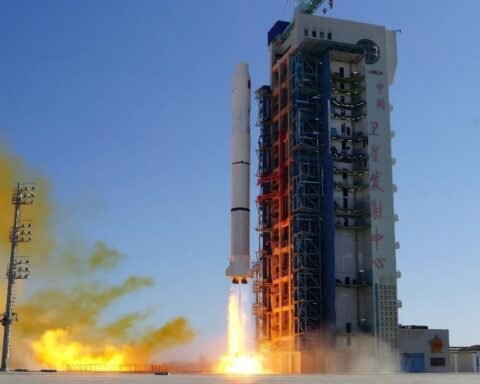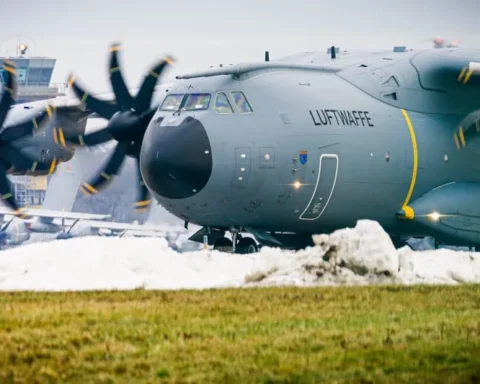World leaders have convened in the Canadian Rockies this week for the 2025 G7 Summit, but divisions over the Middle East conflict are casting a long shadow over the talks.
Held in Kananaskis, Alberta, the summit brings together the heads of state from the United States, United Kingdom, Germany, France, Italy, Japan, and Canada.
Making a return to the international stage, U.S. President Donald Trump has taken a confrontational tone, resisting attempts by other G7 leaders to form a unified stance on the Israel–Palestine conflict and growing Iran–Israel tensions. According to Sky News, political editor James Matthews noted that the world “shouldn’t hold its breath” for a clear Middle East strategy, due in large part to Trump’s “abrasive” presence.
British Prime Minister Keir Starmer, attending his first G7 summit since taking office, has sought to offer a more stabilizing influence. Starmer has emphasized the importance of multilateral diplomacy, pushing for a coordinated approach to end the bloodshed in Gaza and de-escalate regional hostilities.
Trump, however, has focused on bilateral deals, rejecting proposals for a joint communiqué. Behind closed doors, his approach has caused visible friction with European leaders such as Emmanuel Macron of France and Friedrich Merz of Germany.
Meanwhile, summit host and Canadian Prime Minister Mark Carney has taken a pragmatic path. With consensus proving elusive, Carney has abandoned the traditional joint statement in favor of thematic summaries, allowing leaders to present agreed positions without forcing unanimity.
Beyond the Middle East, the summit has also focused on the war in Ukraine, with President Volodymyr Zelenskyy in attendance. Zelenskyy urged G7 nations to maintain robust military and economic support in the face of renewed Russian aggression. Most leaders reaffirmed their commitments, though Trump remained non-committal, referencing the need for “cost-efficiency” in foreign aid.
Also Read; Netanyahu Appeals To Iranians Amid Rising Conflict
Tensions have also resurfaced on trade. Trump criticized several G7 members over what he called “unfair economic practices,” threatening new tariffs on imports from Canada and the United Kingdom. In response, Starmer advocated for “fairness, not friction,” highlighting Britain’s interest in a post-Brexit U.S.–U.K. trade agreement.
Security discussions were further shaped by reaffirmed commitments to the AUKUS security pact, a trilateral military alliance between Australia, the U.K., and the U.S., aimed at countering Chinese influence in the Indo-Pacific.
While the summit’s mountainous setting offers a peaceful backdrop, the diplomatic terrain remains jagged. The G7’s inability to speak with one voice on key crises, particularly in the Middle East, reflects the global order’s growing complexity. Even as leaders find common ground on climate, defense, and trade frameworks, sharp political divides—especially between Trump and his counterparts—continue to define this year’s summit.







